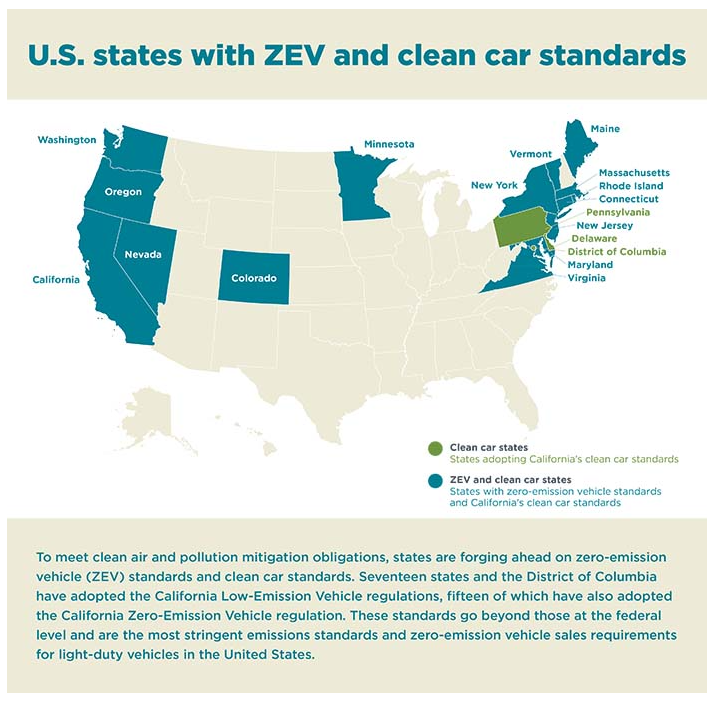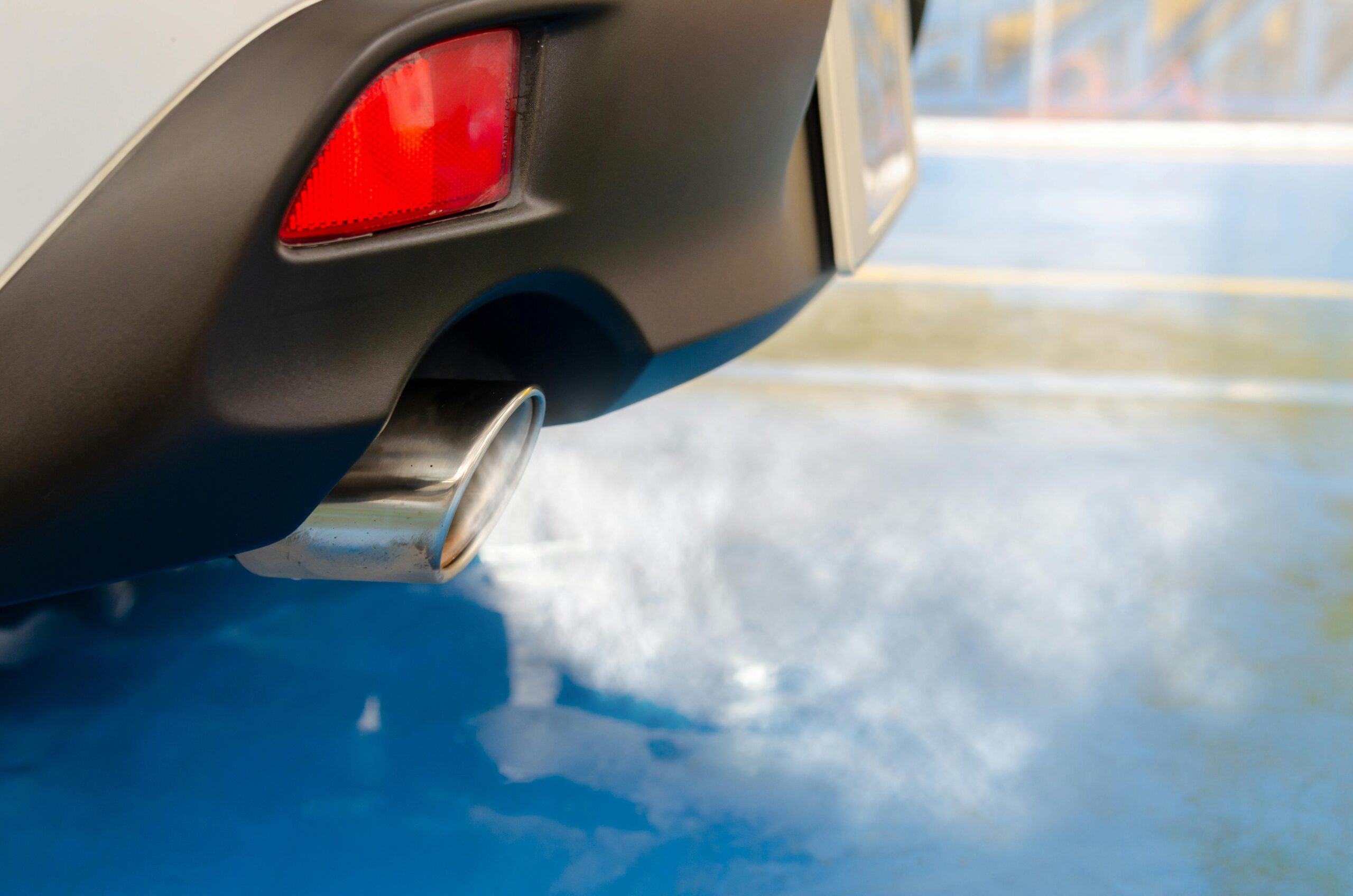California has long been the vanguard of environmental regulation in the United States, particularly when it comes to emissions standards. Its ability to enforce stricter emissions policies than those set by the federal government has been a crucial driver of innovation in the electric vehicle (EV) market, pushing automakers to adopt cleaner technologies and reduce greenhouse gas emissions. But a political shift, marked by recent Republican gains, has raised concerns about whether this autonomy might soon face significant challenges.
For decades, California’s unique position has been grounded in a waiver granted under the Clean Air Act, allowing the state to set its own vehicle emissions standards. These standards have often been more stringent than federal regulations, and other states have followed California’s lead, collectively representing over 40% of the U.S. auto market. This framework has incentivized automakers to produce vehicles that meet California’s requirements, effectively setting a national benchmark for emissions. However, this delicate balance could be disrupted if a strengthened Republican presence in Congress or state governments moves to limit California’s authority.

The debate intensified in November 2024, as discussions surfaced about leveraging federal power to preempt California’s stricter standards. Such efforts are not unprecedented. During the Trump administration, the Environmental Protection Agency (EPA) attempted to revoke California’s waiver, sparking a legal battle that underscored the high stakes involved. While the Biden administration restored the waiver in 2021, the potential for another rollback looms large under a more conservative political climate.
At the heart of the issue lies a fundamental tension between states’ rights and federal authority. Proponents of uniform federal standards argue that allowing individual states to set their own rules creates inefficiencies and burdens for automakers, who must navigate a patchwork of regulations. For the EV industry, however, California’s leadership has been nothing short of transformative. The state’s zero-emission vehicle (ZEV) mandate, for example, has been a major catalyst for EV adoption, requiring automakers to sell an increasing number of electric and hydrogen-powered vehicles. Without California’s ability to enforce such policies, the transition to cleaner transportation could slow significantly.
Consider the broader implications for the automotive market. Gas-powered vehicles would benefit from a rollback of California’s stricter standards, as automakers would face less pressure to invest in EV technologies and more leeway to continue producing internal combustion engine (ICE) vehicles. This would not only hinder progress toward decarbonizing the transportation sector but also put the U.S. at a competitive disadvantage globally. Nations like China and those in the European Union are rapidly advancing their EV markets through robust regulations and incentives. Weakening California’s role could signal a step backward, jeopardizing the U.S.’s position in the global race for clean transportation.
Critics of efforts to undermine California’s authority argue that such moves are shortsighted and counterproductive. The state has proven that stringent emissions standards are not only achievable but also beneficial for public health, the environment, and the economy. A 2023 study by the Union of Concerned Scientists found that California’s policies had reduced smog-forming emissions by nearly 70% since 1975 and spurred innovation across the automotive industry. These gains would be at risk if political forces succeeded in restricting the state’s regulatory powers.
For EV advocates, the stakes are particularly high. California’s policies have played a pivotal role in creating a market for electric vehicles, pushing automakers to develop cleaner technologies and expand their EV offerings. Without this pressure, the industry could lose momentum, and consumers might see fewer EV options and slower advancements in battery technology. This would be a significant setback for the fight against climate change, as the transportation sector remains one of the largest contributors to greenhouse gas emissions in the U.S.
One potential scenario involves federal legislation aimed at standardizing emissions regulations nationwide. While uniformity might seem appealing, a one-size-fits-all approach could dilute the effectiveness of policies designed to address the specific needs of states like California, which face unique air quality challenges. It could also embolden automakers to prioritize less ambitious emissions targets, undermining the progress made in recent years.
For EV enthusiasts and environmentalists, the call to action is clear: defending California’s authority to set stricter emissions standards is about more than state pride—it’s about safeguarding the future of clean transportation. The outcome of this political struggle will have far-reaching consequences, shaping the trajectory of the automotive industry and the nation’s ability to meet its climate goals.
For more about laws and regulations affecting the electric vehicle industry, check out “Blocked in Washington: Why Lucid Motors Can’t Sell EVs Directly to Consumers.”


